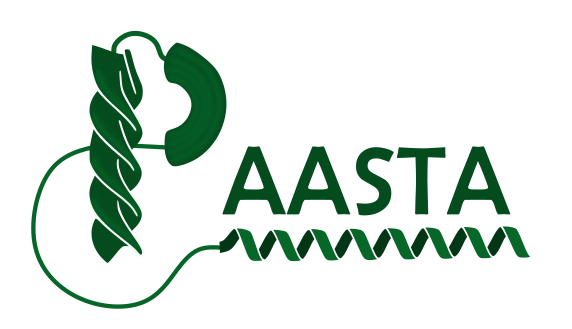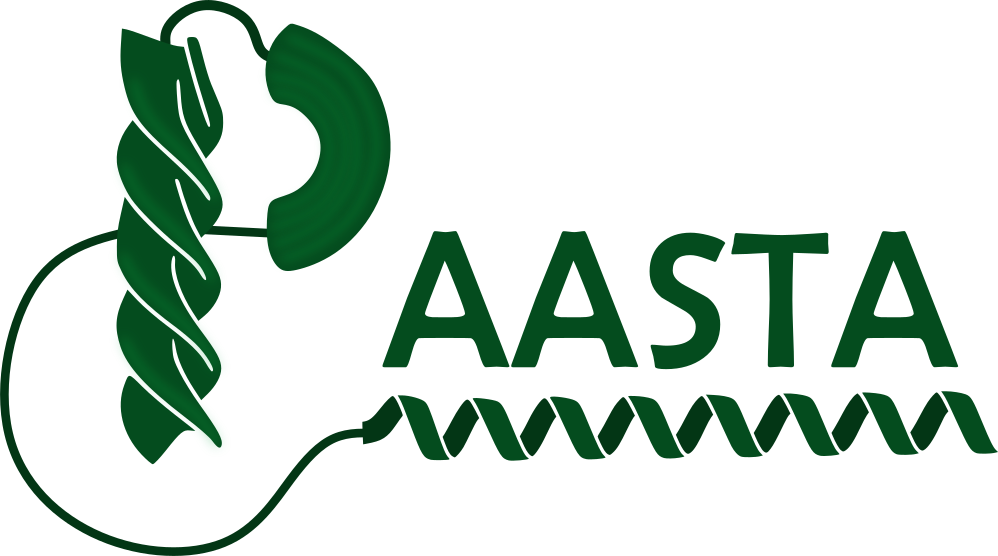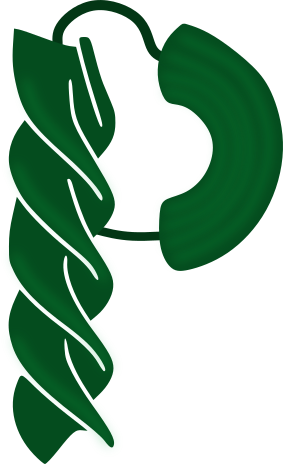
Quick Summary
PAASTA is a community of researchers from around the world focusing on paleoproteomics affiliated with the International Society of Biomolecular Archaeology
-Our primary community space is on Element, and we also have an annual conference and other online events.
-All career stages are invited, but the emphasis is on providing a welcoming space for early-career researchers.
-
We have a variety of initiatives to support the community, from classes to informal meetings and seminars
-
PAASTA initiatives and events are supported by a Steering Committee but are often led by PAASTA members; reach out if you have ideas or are interested in helping
-
PAASTA membership is free, but donations may be sought during the annual meeting– and if you are interested in supporting PAASTA financially, please reach out to the Steering Committee!
Definition of PAASTA and history
PAASTA stands for Palaeoproteomics And Archaeology, Society for Techniques and Advances. We are a community of researchers from around the world focusing on paleoproteomics.
We aim to openly share knowledge and experience to find solutions to common challenges and obstacles that the field faces, primarily within online community spaces (Element). We run various collaborative projects for the benefit of the whole community and to progress the field including an annual conference for early career researchers. We have various events throughout the year with cycling organisation committees to improve networking.
The idea of PAASTA originated in 2023 during the International Society for Biomolecular Archaeology biannual conference in Tartu, Estonia and was inspired by the communities built by SPAAM and HAAM. It has been designed to be an open, supportive community led by early career researchers to promote collaborative and open science within paleoproteomics. We have been associated with the International Society of Biomolecular Archaeology since our inception in 2023.
Location
Our main community space is Element. We also gather either in-person or online for an annual conference and online for various events. We keep information about the community archived on our website, along with information on how to get involved.
Membership
We welcome all early stage career researchers, as well as Principal Investigators (PIs) and other senior researchers, to join our community. However, the community is intended to be especially beneficial to early career researchers; thus, we encourage PIs to not monopolise discussions.
All members of our community are obliged to follow our Code of Conduct. Before joining the community be sure to read and understand what this entails. This Code of Conduct outlines our expectations for all those who participate in our community, as well as the consequences for unacceptable behaviour. All members of PAASTA are required to agree and comply with this Code of Conduct. Safety officers are responsible for enforcing this code within the community, including dealing with any violations. We expect cooperation from all participants to help ensure a safe and positive environment for everybody.
To report any violations of this code of conduct within activities in the scope of the community, please reach out to our safety officers whose contacts can be found within the Code of Conduct. An anonymous reporting form is also available here. The actions taken by the safety officers will depend on the gravity and nature of the concern raised. Safety officers are entitled to remove a member from the community.
Finances
There is no membership fee to join the PAASTA community. However, opportunities for voluntary donations will be presented in community-wide PAASTA meetings. We are financially supported by voluntary donations by members and research group leaders. If you are able to contribute financially and would like to support the PAASTA community, please contact a member of the Steering Committee.
Constitution
The constitution (this document) outlines the structure and information about the PAASTA community. The constitution is a living document which will be updated as needed to fit the needs of the PAASTA community. It is primarily maintained by the Steering Committee, but other members can make suggestions by reaching out to the Steering Committee and advocate for changes as they see fit.
PAASTA Steering Committee
Definition - Steering Committee
The Steering Committee is an executive board that manages the daily operations of the community and provides support, guidance and oversight of particular issues or projects within the context of the community.
The tasks of the Steering Committee involve brainstorming and proposing new initiatives and helping new initiatives to get off the ground, by increasing engagement and support for PAASTA members and events, helping with ongoing organisation efforts, publicization of PAASTA, and sourcing funds for the maintenance of PAASTA.
The Steering Committee is formed by teams consisting of the managing team: a chair and a secretary, a treasurer team, a social media team and an engagement team. The teams meet on a regular basis to divide responsibilities and set up a communication method that ensures tasks are fulfilled.
Description of the Roles
Management team:
Formed by the chair and the secretary. Responsible for ensuring the committee functions smoothly and achieves its goals.
Chair: The one to lead meetings, moderate discussions, and delegate tasks to willing volunteers. The chair will heavily liaise with the rest of the committee to ensure efficient and successful running of the group and has responsibility in representing the community in an official capacity.
Vice-Chair: Will support the Chair and fill in when the Chair is not available. Distribution of work can be discussed between the Chair and Vice-Chair.
*note it would be ideal that the the Chair and Vice-Chair come from different institutions
Secretary: Responsible for taking the minutes for the general meetings and making them available to the community.
Treasurer
The treasurer is responsible for managing the funds, for communication related to funds and holds responsibility for allocating funding to initiatives by serving as a line of communication between the organising committees and the Steering Committee. The treasurer is also responsible for finding grant opportunities to continue to fund PAASTA initiatives.
Social media team
Responsible for using social media to distribute information about and for the group, for example with the Twitter/X account Zandra has set up. This could include events hosted by our group or even significant achievements of members, in addition to new conferences, papers, and jobs that will be relevant to the community.
Event and Engagement team
Responsible for organising events for the group, such as the community general meetings or seminars. There is potential for this individual to create engagement opportunities outside of the group (however, without funding, this aspect of the role is currently limited).
Time in Office
The Steering Committee will be in office for a period of two years, after which a new committee will be chosen. Roles are decided collectively at the start of a new term.
How are Steering Committee members chosen?
Community members will be encouraged to volunteer when the term for the current Steering Committee is reaching an end. The volunteers should choose specific positions within the Steering Committee. In the event of multiple volunteers for the same position, one candidate among them will be elected during a community meeting. If a team lacks volunteers, the current officers will nominate a person to substitute them. Ideally, positions will be filled by early career researchers.
Amending the Constitution
Any member can propose amendments they wish to see to the Constitution by contacting either the Chair or Vice-Chair. Proposed changes will be reviewed by the Steering Committee and voted on by the community during a general meeting.
Friday 13th of October 2023

